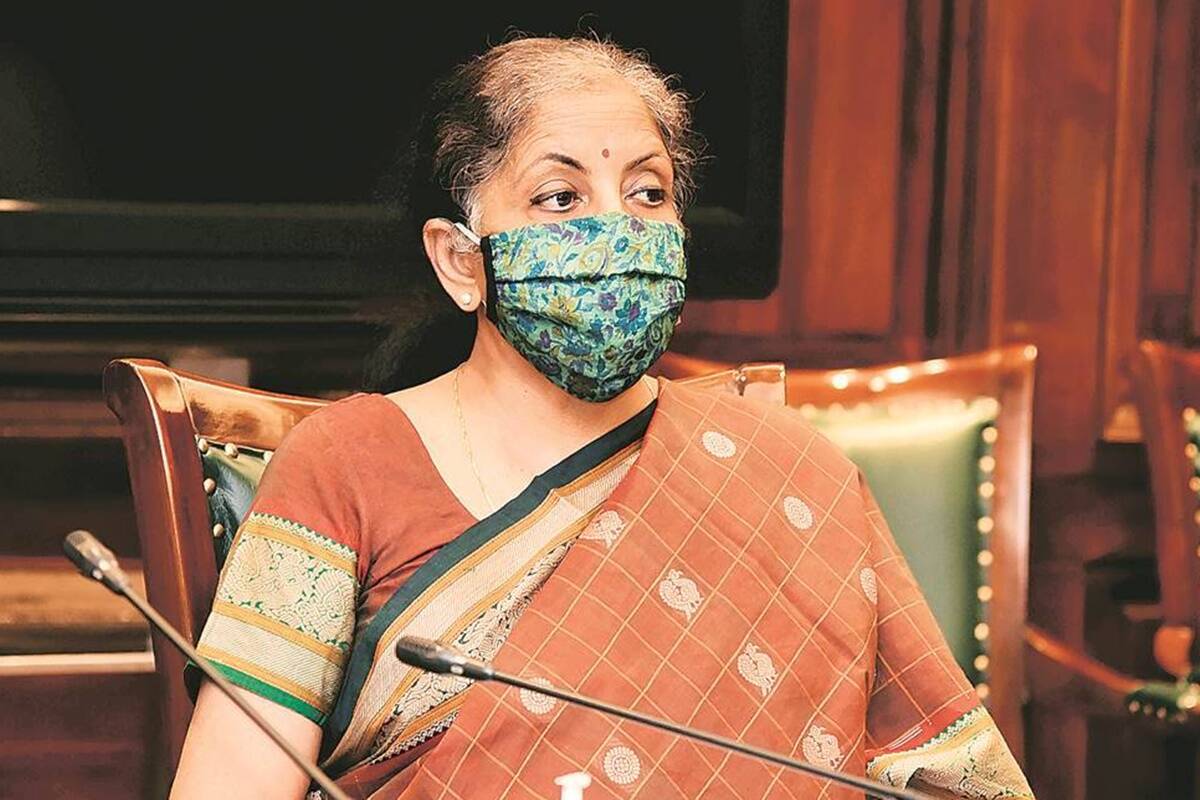Industry bodies called on the government to adopt an aggressive privatization and asset monetization policy in FY22 to partly offset a Covid-19 induced shortfall in tax revenue at the first annual pre-Budget stakeholder consultation meeting chaired by the union finance minister.
They suggested that the Centre set realistic revenue and deficit targets for FY22, avoid excessive off-Budget borrowing and firm up a three-year road map for fiscal consolidation and economic rebound, factoring in the unprecedented devastation caused by the pandemic.
The government had budgeted a 3.5% fiscal deficit for FY21 but its projections went haywire due to the pandemic and analysts now expect it to soar to 7-8% of GDP this fiscal. Some associations recommended that the government pare back its stake in state-run banks, barring the top 3-4, to below 50% via the market route over the next 12 months.
They argued that financial sector reforms are an absolute pre-requisite for turning India into the targeted $5-trillion economy by FY25. Disinvestment of not just loss-making firms but also a few profit-making ones needs to be undertaken, especially as the capital markets are performing well. Similarly, surplus land with the government can be either sold or leased, under an ambitious monetization policy, they said.
Last week, economic affairs secretary Tarun Bajaj hinted at an aggressive privatization policy and said that the proposed strategic sector policy, under which a maximum of four state-run entities will be allowed in key sectors, will be “much more ambitious than anticipated”. All state-run enterprises in other sectors may be sold off in due course.
The Centre had budgeted an ambitious disinvestment target of Rs 2.1 lakh crore for FY21. But no worthwhile disinvestment has taken place so far this fiscal due to the pandemic. The leading corporations that have been on the block since last year include BPCL, Air India, Shipping Corporation, and Container Corporation. Similarly, its asset monetization plans have not yet elicited enthusiastic response.
Participating in a virtual meeting, CII president Uday Kotak said, “Government expenditure should be prioritized in three areas, infrastructure, healthcare, and sustainability. The budget proposals should also address two critical areas of boosting private investments and providing support for employment generation.”
Apart from Kotak, key industrialists, including Pawan Munjal (Hero MoroCorp), Kiran Mazumdar Shaw (Biocon), and Sanjiv Bajaj, are learnt to have attended the stakeholders’ meeting. On Wednesday, the FinMin will meet financial market and capital market players to seek their inputs.
To finance large projects in critical sectors of the economy, including infrastructure, the government should also set up professionally-managed Development Finance Institutions (DFIs), along the lines of KfW Germany, Brazil Development Bank, and Korea Development Bank, the associations said.
This could be done by infusing adequate equity capital into Nabard for funding projects in the agriculture and rural sectors, Sidbi for financing MSMEs and IIFCL for financing infrastructure, they said.
Appreciating the transparency in announcing the off-budget borrowing numbers in last year’s budget, the chambers urged the finance minister to take this initiative forward and also firm up realistic estimation of costs of various schemes.
Given the potential spike in bad loans in the aftermath of the Covid-19, some industry bodies also suggested that the government facilitate the setting up of bad banks by allowing alternate investment funds to buy bad loans. This will also ensure healthy growth in credit.
They also pitched for a stable tax regime. At the same time, the sanctity of contracts for government and quasi-government entities, as well as for state governments, needs to be ensured, they added.
Section 80JJAA of the I-T Act provides for a deduction of 30% on emoluments paid to new employees for three years and this is available up to an emolument of Rs 25,000 per month. Industry body CII has suggested that this cap be raised to Rs 50,000 per month.





